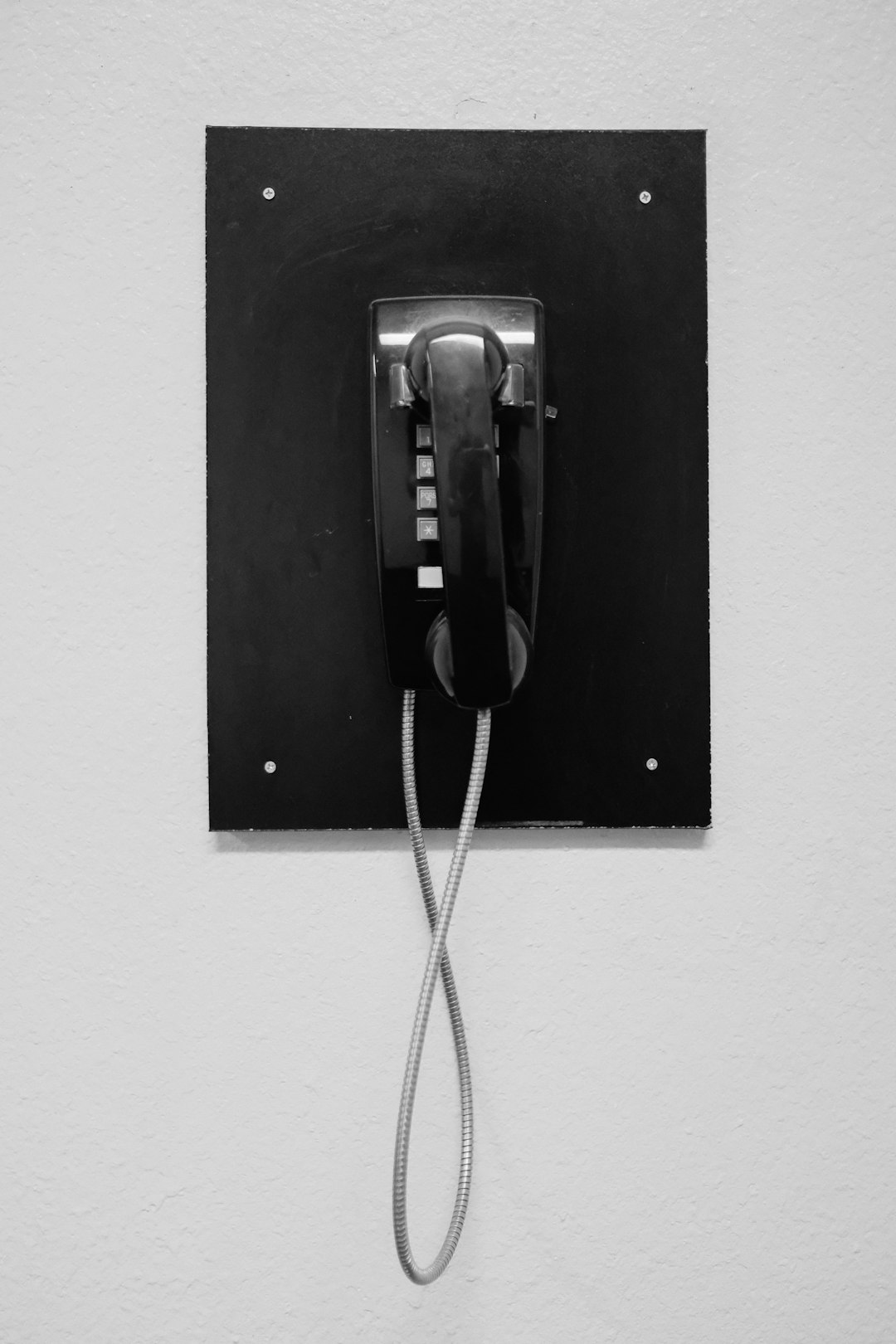North Dakota's debt collector laws (ND) mandate strict practices for agencies, including detailed record-keeping, fair collection methods, and consumer rights protection. Pre-audit preparation involves policy reviews, documentation gathering, and addressing non-compliance. Agencies must maintain secure records, undergo audits, and implement corrective actions post-audit to comply with ND debt collector laws. Consumers should be aware of these protections and seek assistance when needed.
In North Dakota, understanding and adhering to stringent debt collection laws is paramount for agencies to maintain compliance. This comprehensive guide delves into the intricate audit procedures that govern debt collection practices in ND. From pre-audit preparation to post-audit corrective actions, each step ensures fairness and transparency. Learn about documenting collection records, navigating the audit process, and staying compliant with ND’s debt collector laws to foster a robust and ethical collection environment.
Understanding Debt Collection Laws in ND
In North Dakota, debt collection practices are governed by both state and federal laws designed to protect consumers from unfair or abusive tactics. Understanding these regulations is crucial for anyone involved in the debt collection process. The North Dakota debt collector laws aim to ensure transparency, fairness, and respect for individual rights during the recovery of debts. Key statutes, such as those under the North Dakota Century Code, outline permissible collection methods, disclosure requirements, and restrictions on harassment or false representations.
Debt collectors in ND must adhere to strict rules regarding validation of debts, frequency of contact, and the use of automated dialing systems. They are also mandated to provide consumers with detailed notices and clear explanations of their rights. Consumers facing debt collection issues should be aware of these legal protections and know when to seek assistance from regulatory bodies or legal professionals to enforce their rights under ND debt collector laws.
Pre-Audit Preparation Procedures for Agencies
Before initiating an audit, North Dakota debt collection agencies must engage in meticulous pre-audit preparation. This involves a comprehensive review of internal policies and procedures to ensure compliance with the state’s debt collector laws. Agencies should thoroughly document their practices, including record-keeping protocols, customer communication strategies, and fair debt collection methods. By doing so, they can facilitate a smoother audit process and proactively address any potential non-compliance issues.
Preparation also entails gathering relevant documentation, such as contracts, training materials, and consumer complaints. This compiled evidence serves as a reference during the audit, enabling agencies to demonstrate their adherence to legal standards. Moreover, it allows auditors to focus on verifying specific aspects of the agency’s operations rather than conducting an expansive, time-consuming search for records.
Documenting and Maintaining Collection Records
Debt collection agencies in North Dakota are subject to specific laws and regulations that govern their operations, including how they document and maintain records. According to the North Dakota debt collector laws, collectors must keep detailed records of all communication with debtors. This includes information about the debt, any agreements made, and the status of the collection process. Proper documentation is crucial for ensuring transparency and accountability throughout the entire debt collection cycle.
Effective record-keeping involves maintaining up-to-date files that accurately reflect each debtor’s account. Agencies should implement robust systems to organize and store these records securely. This includes digital documentation with clear folder structures, as well as physical copies in case of system failures. Regular backups and secure access protocols are essential to protect sensitive information while adhering to the ND debt collector laws.
Audit Process: Step-by-Step Guide
The audit process for a North Dakota debt collection agency involves a systematic approach to ensure compliance with state and federal regulations, particularly the debt collector laws ND. Here’s a step-by-step guide:
1. Planning and Preparation: Begin by gathering all relevant documentation, including contracts, collection records, and policies. Identify the scope of the audit, focusing on areas like record-keeping, debt verification, consumer rights adherence, and fair debt collection practices. Develop a detailed plan outlining the timeline, resources needed, and responsibilities of the audit team.
2. Data Collection: Collect and organize data from various sources within the agency. This includes reviewing collection records, case files, and computer databases. Ensure that all information is accurate, complete, and up-to-date. Cross-reference data to identify discrepancies or potential violations of debt collector laws ND.
Post-Audit Compliance and Corrective Actions
After a thorough audit, ensuring post-audit compliance is paramount for any debt collection agency operating within North Dakota’s legal framework. The state’s debt collector laws mandate that agencies implement corrective actions based on audit findings to maintain adherence to regulatory standards. This process involves addressing identified non-compliance issues and putting effective procedures in place to prevent future violations.
Agencies must develop a comprehensive plan for remediation, which may include training staff on updated legal requirements, enhancing internal controls, and implementing new record-keeping practices. Regular monitoring and follow-up audits can help verify that the necessary changes have been effectively incorporated into agency operations, ensuring ongoing compliance with North Dakota’s debt collector laws.






